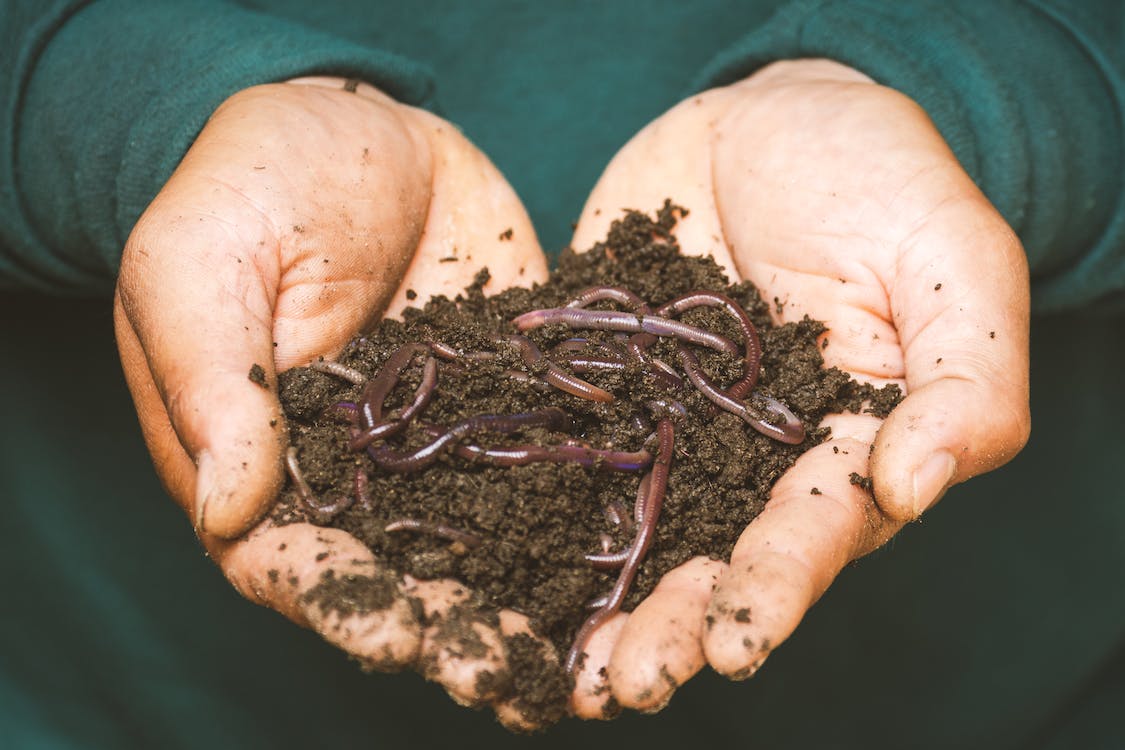Soil & Soil Enhancers
How To Organically Boost Your Food Forest Productivity
Soil is one of the most important components of a successful food forest project. Without healthy soil, plants will not grow properly, and the overall health and productivity of the food forest will be compromised. For this reason, it’s important to understand the role that soil plays in food forest projects, and the various soil enhancers that can be used to improve soil health.
The Importance of Healthy Soil in Food Forest Projects
Healthy soil is essential for the growth and success of a food forest project. Soil provides plants with the nutrients they need to grow, as well as support for their roots. In addition, healthy soil also helps to retain moisture, which is especially important in dry or arid climates.
Soil health can be measured by the presence of soil microorganisms, such as bacteria and fungi, which play a vital role in the soil ecosystem.

These microorganisms help to break down organic matter, release nutrients into the soil, and improve soil structure. In addition, they also help to control pests and diseases, as well as provide food for other beneficial organisms.
The Importance of Soil Regeneration in Food Forest Projects
Unfortunately, many of the soil microorganisms in our current food production systems have been lost due to the use of chemical fertilizers and pesticides. This has led to soil degradation and a decline in soil health, which can have a significant impact on the success of food forest projects.
To counteract this trend, it’s important to focus on regenerating soil health by using practices that encourage the growth of soil microorganisms. This can be done through the use of compost, cover crops, and other soil enhancers, which will help to improve soil fertility, structure, and overall health.
Soil Enhancers in Food Forest Projects
Soil enhancers are substances or practices that are used to improve soil health. Some of the most commonly used soil enhancers in food forest projects include:
- Compost: Compost is an excellent soil enhancer that provides plants with a source of organic matter and nutrients. Compost can be made from a variety of organic materials, including yard waste, food scraps, and livestock manure.
- Cover Crops: Cover crops are crops that are grown specifically to improve soil health. These crops are usually grown in between food forest crops, and they help to add organic matter to the soil, as well as provide a habitat for soil microorganisms.
- Mycorrhizal fungi: Mycorrhizal fungi are a type of soil microbe that form a symbiotic relationship with the roots of plants. These fungi help to increase the absorption of nutrients and water, and they also provide plants with a source of organic matter.
- Biochar: Biochar is a type of charcoal that is made from organic materials, such as wood or manure. When added to soil, biochar helps to improve soil structure and fertility, as well as increase the populations of soil microorganisms.
Conclusion
Soil health is a crucial component of successful food forest projects. By using soil enhancers, such as compost, cover crops, and mycorrhizal fungi, it is possible to improve soil fertility, structure, and overall health, which will in turn lead to healthier and more productive food forests. By focusing on soil regeneration, food forest project managers can help to improve soil health for future generations, and ensure the success of their projects for years to come.
Let’s talk about your project!
Our development team will be happy to get designing with you.
We asses your land, the future potential of perennial crops, etc.
Just contact us and we will see, if we can help.

More resources
Contact Us
ESSWALD
Supai-Ventures S.R.L.
Santa Maria del Cami
07320 Mallorca
Islas Baleares, SPAIN
(+34) 625 239 394
hello@esswald.com
